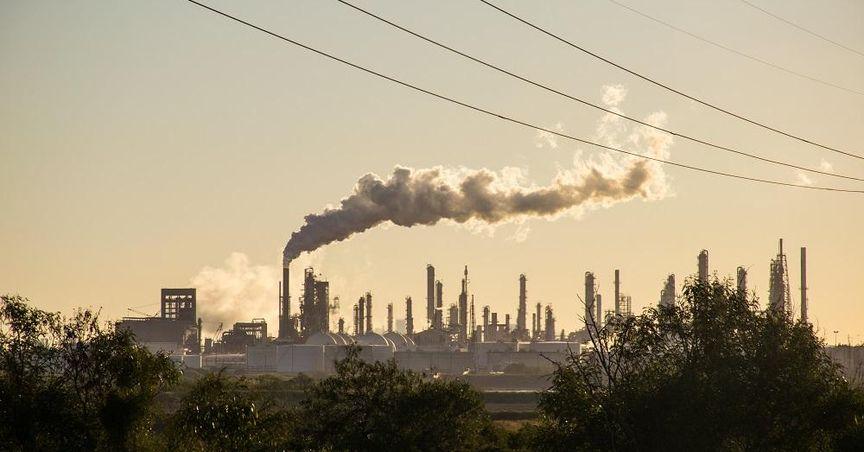Highlights
- UK government revamps planning rules to support SMRs
- Reforms expand geographic flexibility for nuclear projects
- Rolls-Royce Holdings PLC (LSE:RR) drives SMR development
The nuclear energy sector plays a significant role in supplying stable and low-carbon energy. With its established contribution to reducing carbon emissions, nuclear power remains an essential element in strategies addressing climate change. Despite its contributions, the sector faces challenges including complex regulatory environments, high initial costs, and extended project timelines. The need to update aging infrastructure has prompted calls for innovative solutions to meet future energy demands.
Revised Planning Regulations
Recent reforms by the UK government have led to a reexamination of planning rules governing nuclear projects. By removing the designated list of sites, these changes offer enhanced flexibility in selecting locations for nuclear developments. This move aims to simplify the planning process and reduce bureaucratic delays. The updated regulatory framework is designed to encourage a broader exploration of suitable sites across England and Wales, thereby supporting a more decentralized approach to nuclear energy generation.
Small Modular Reactors in Focus
Small modular reactors are recognized for their cost efficiency and expedited construction timelines compared to conventional nuclear plants. Emphasis on SMRs within the revised regulations marks a shift toward integrating advanced reactor technologies in national energy strategies. The removal of site restrictions is expected to facilitate the co-location of SMRs with energy-intensive industries, such as data centers, enhancing the overall efficiency of energy production. The drive to incorporate SMRs underscores a commitment to modernizing the nuclear sector with innovative and adaptable solutions.
Industry and Technological Advancements
A key contributor to this technological advancement is Rolls-Royce Holdings PLC (LSE:RR.). This entity is actively involved in the development of SMRs, working on reactor designs that aim to meet future energy requirements while addressing environmental challenges. The involvement of established industrial players supports the notion of a reinvigorated nuclear sector that is ready to embrace advanced nuclear technologies. With regulatory improvements and a focus on innovative reactor designs, the sector is positioned to experience transformative changes in how nuclear energy projects are developed and implemented.



